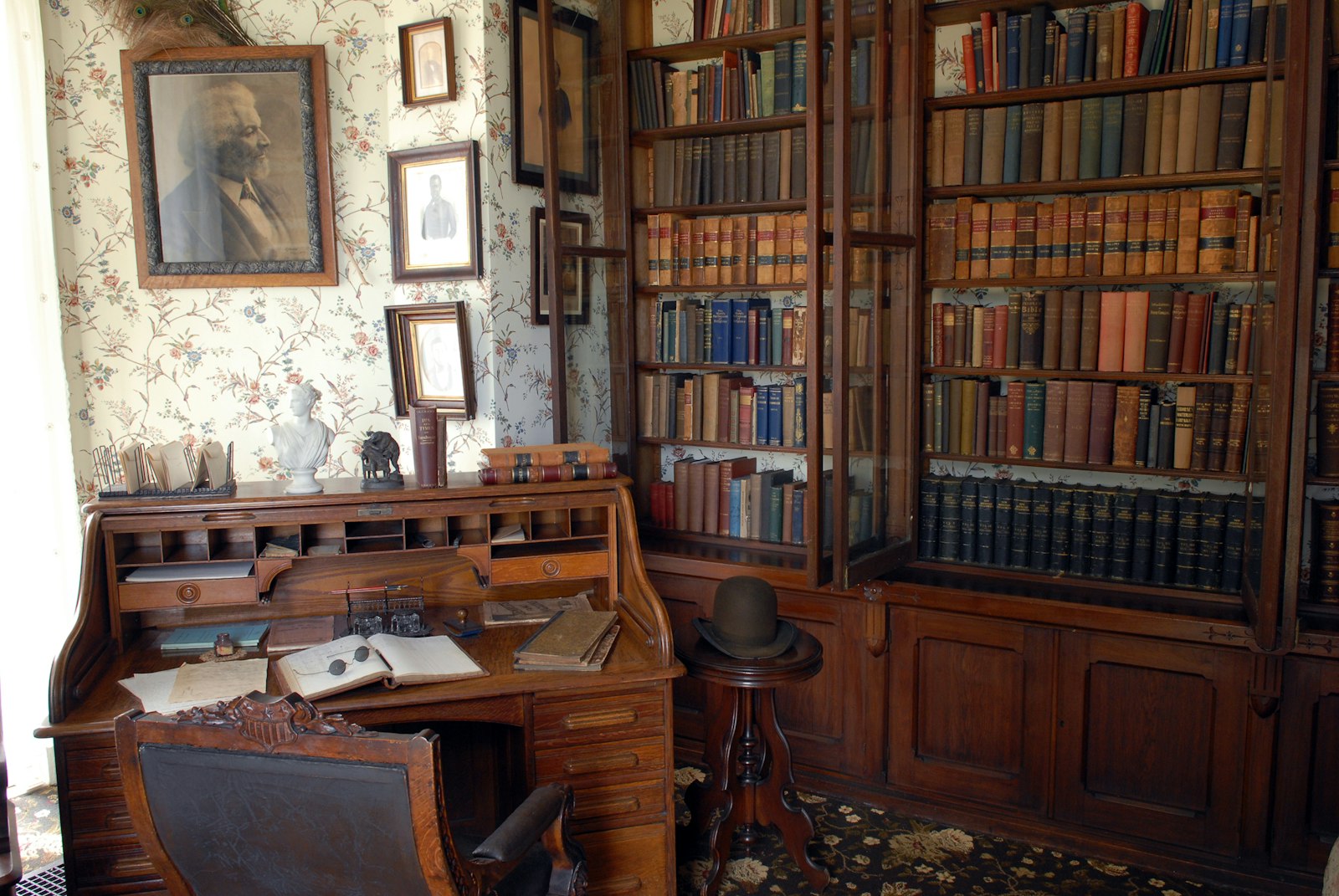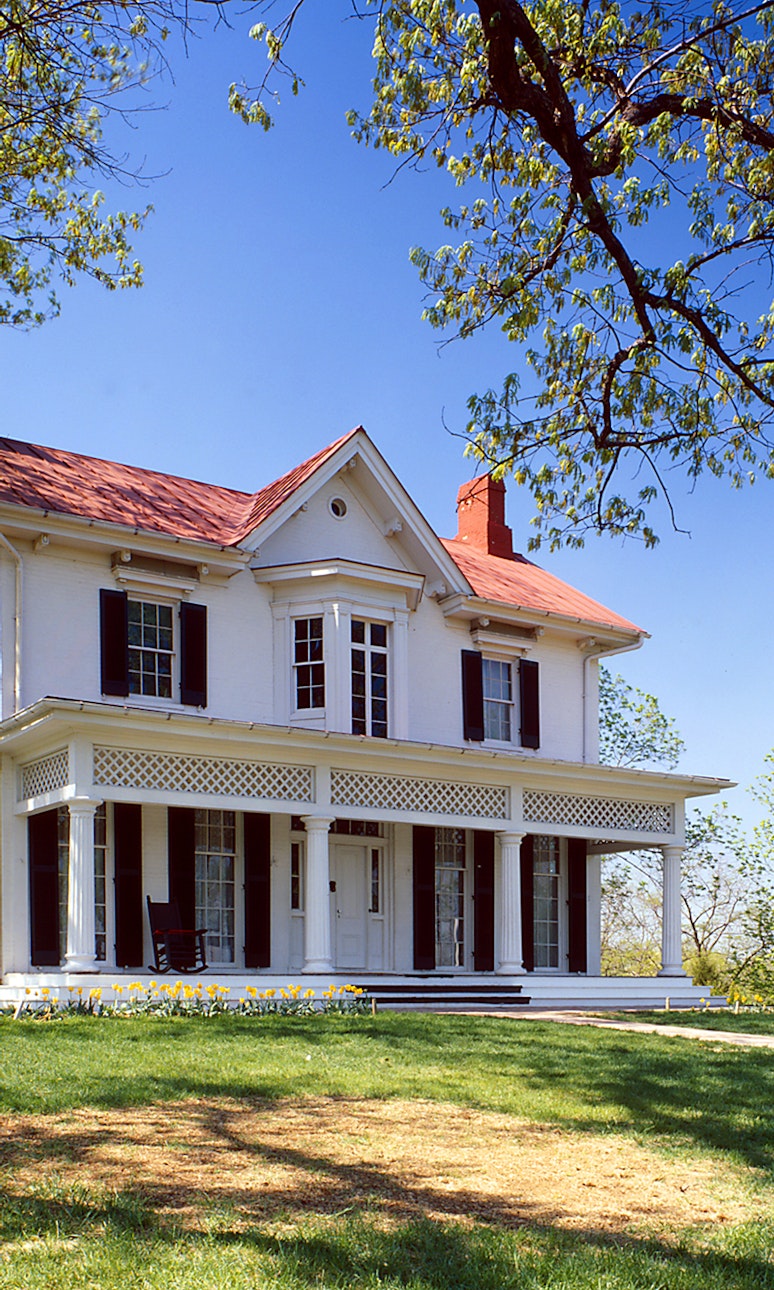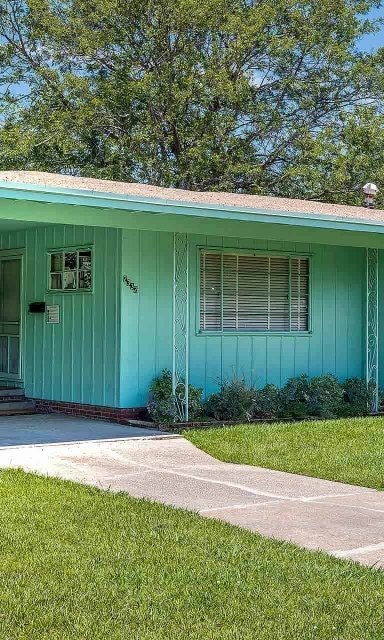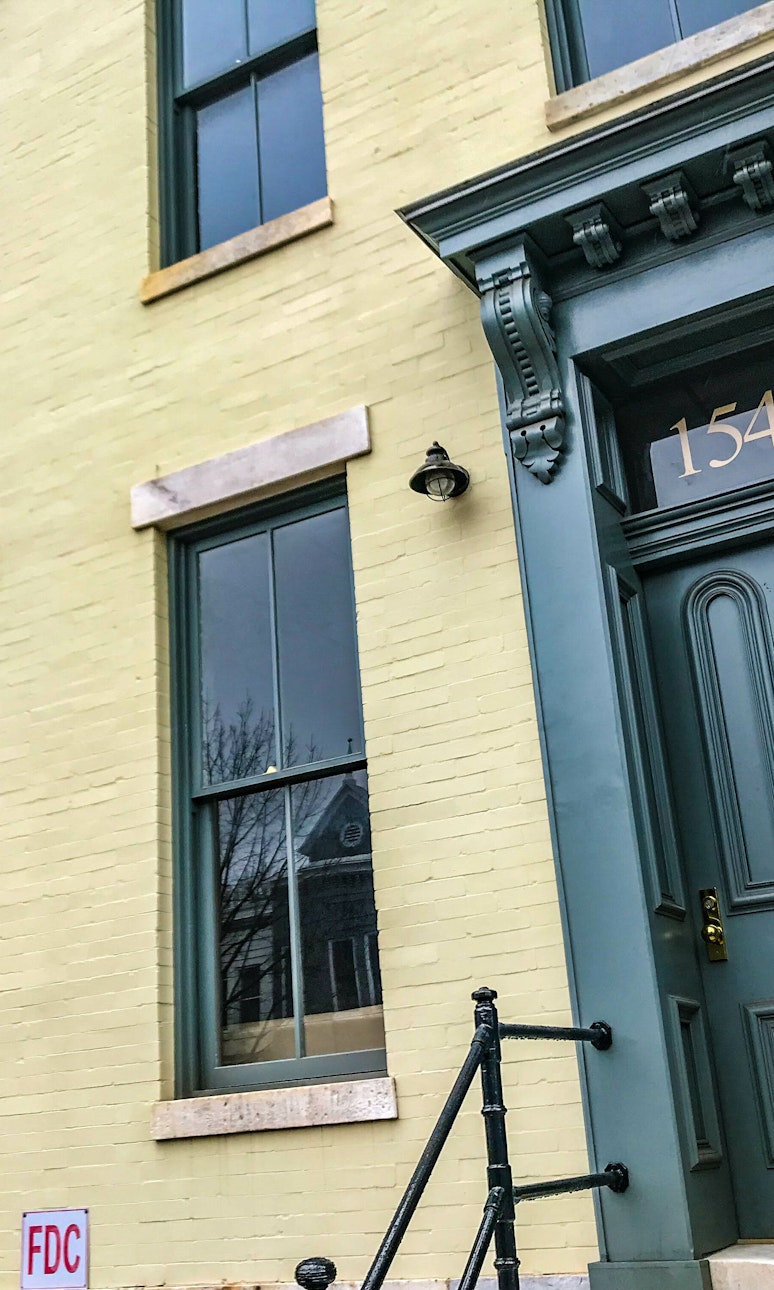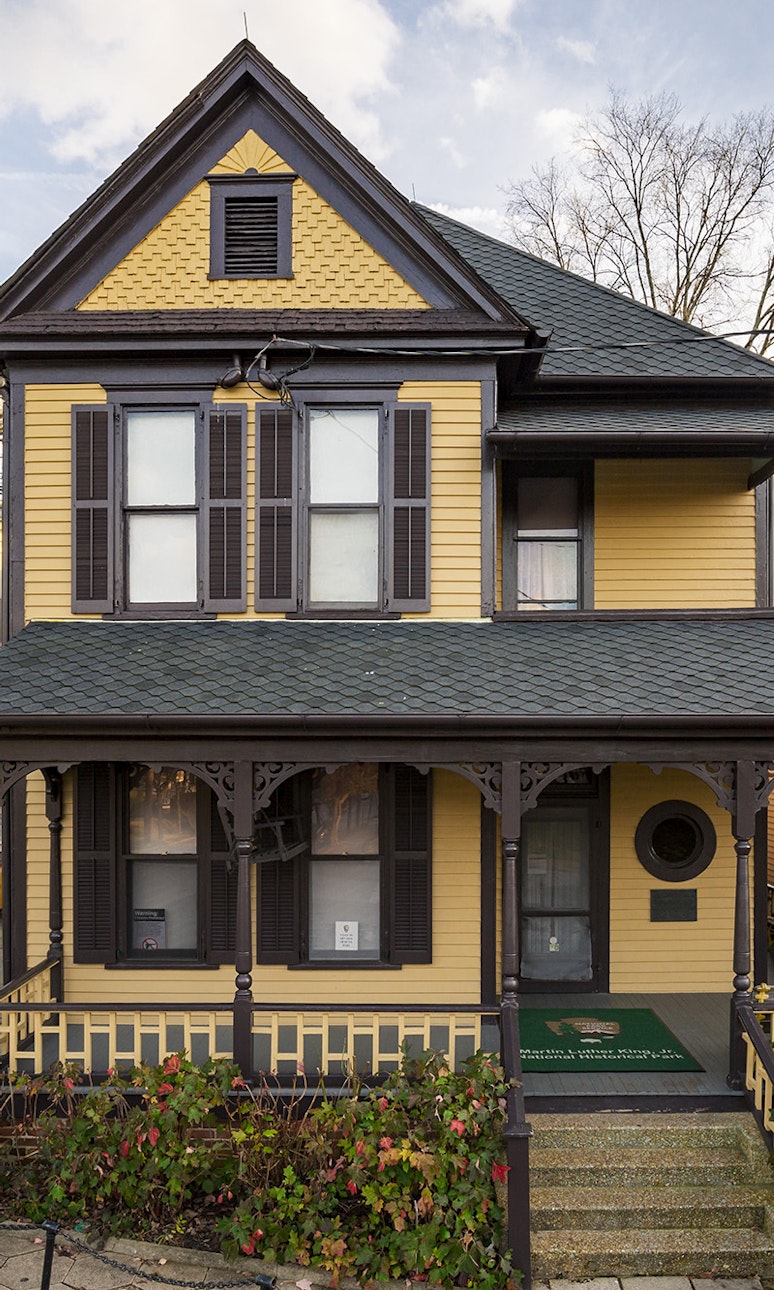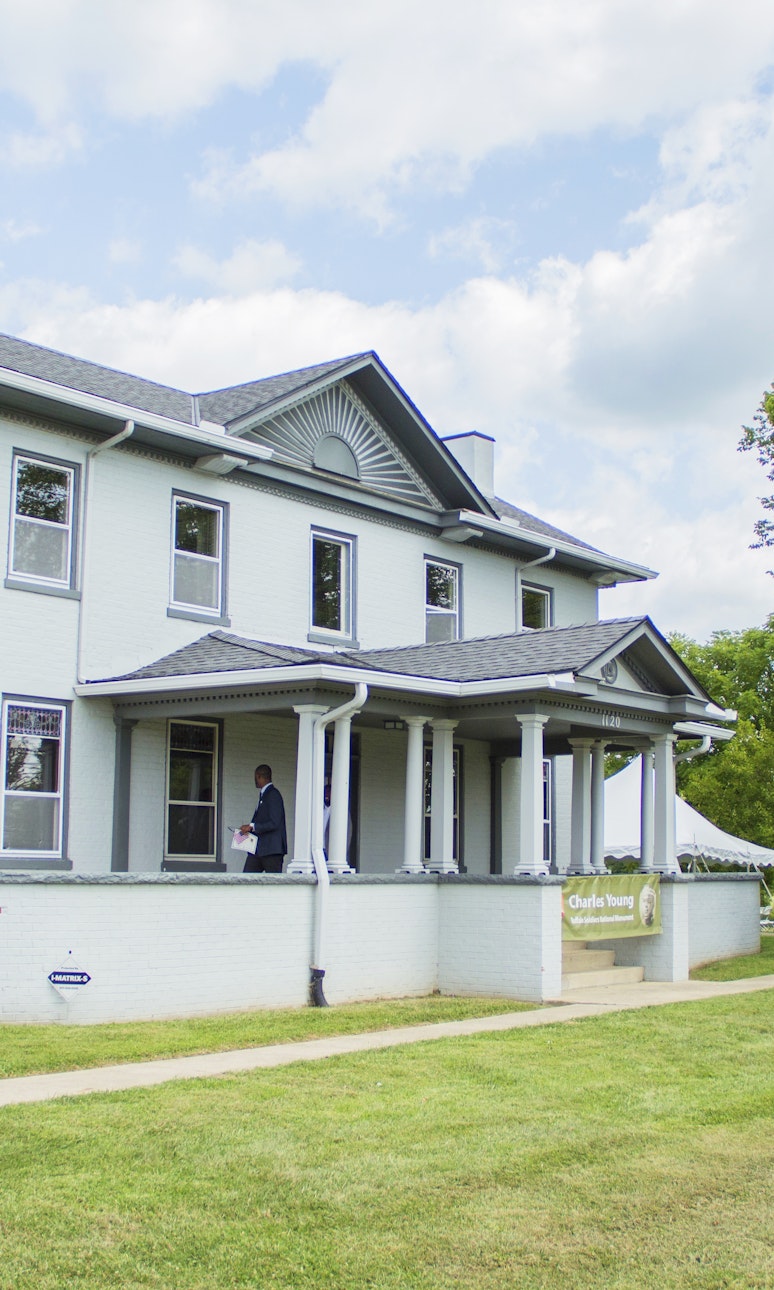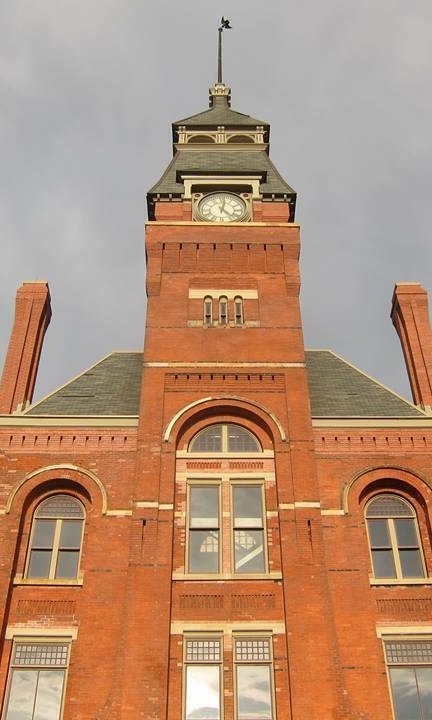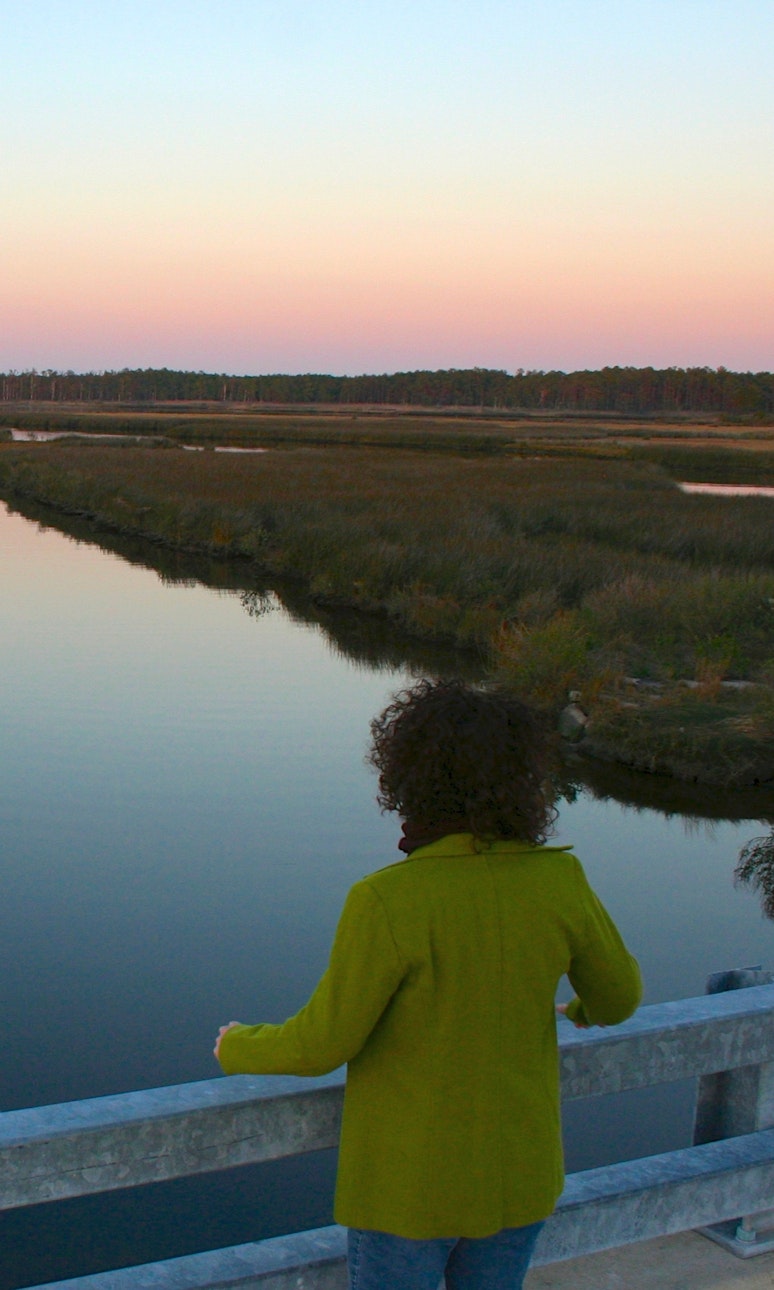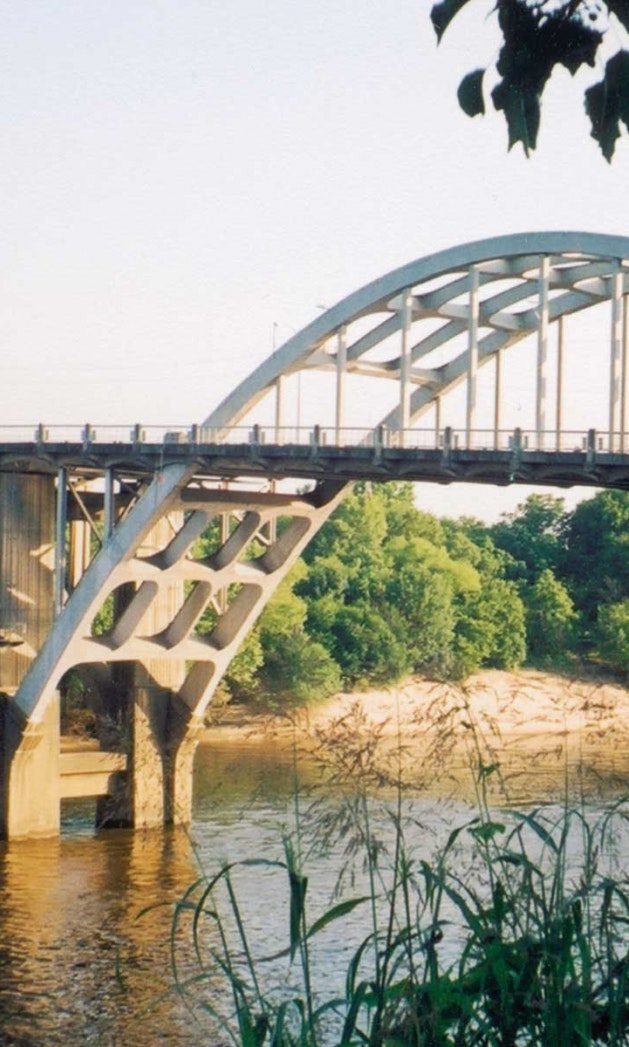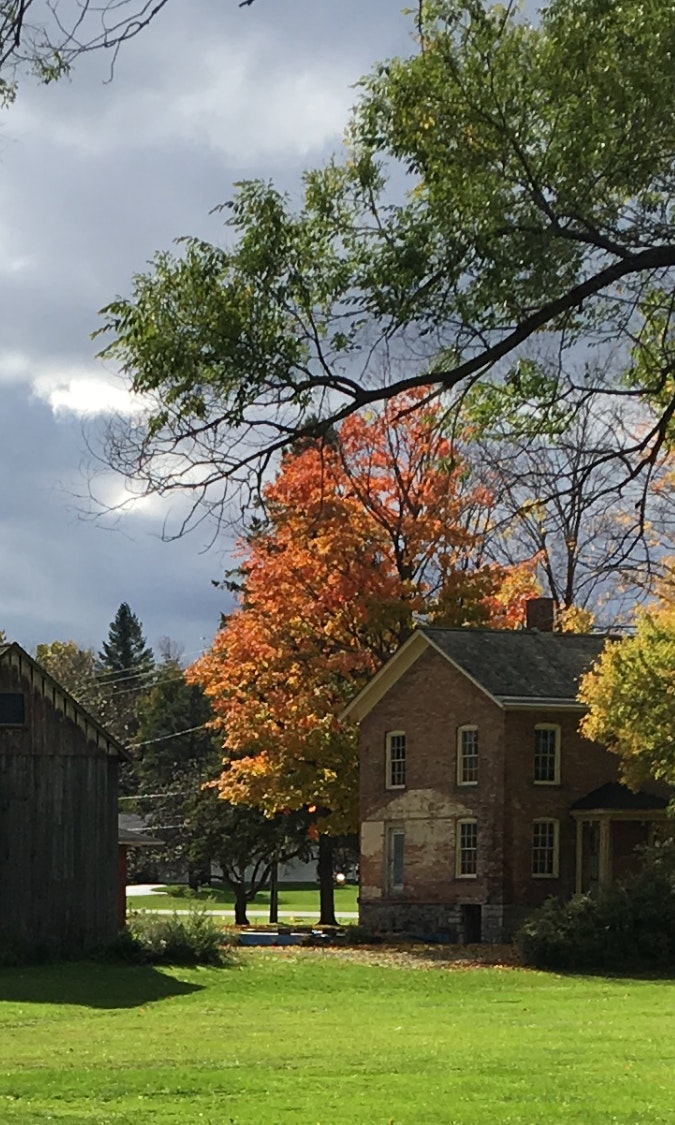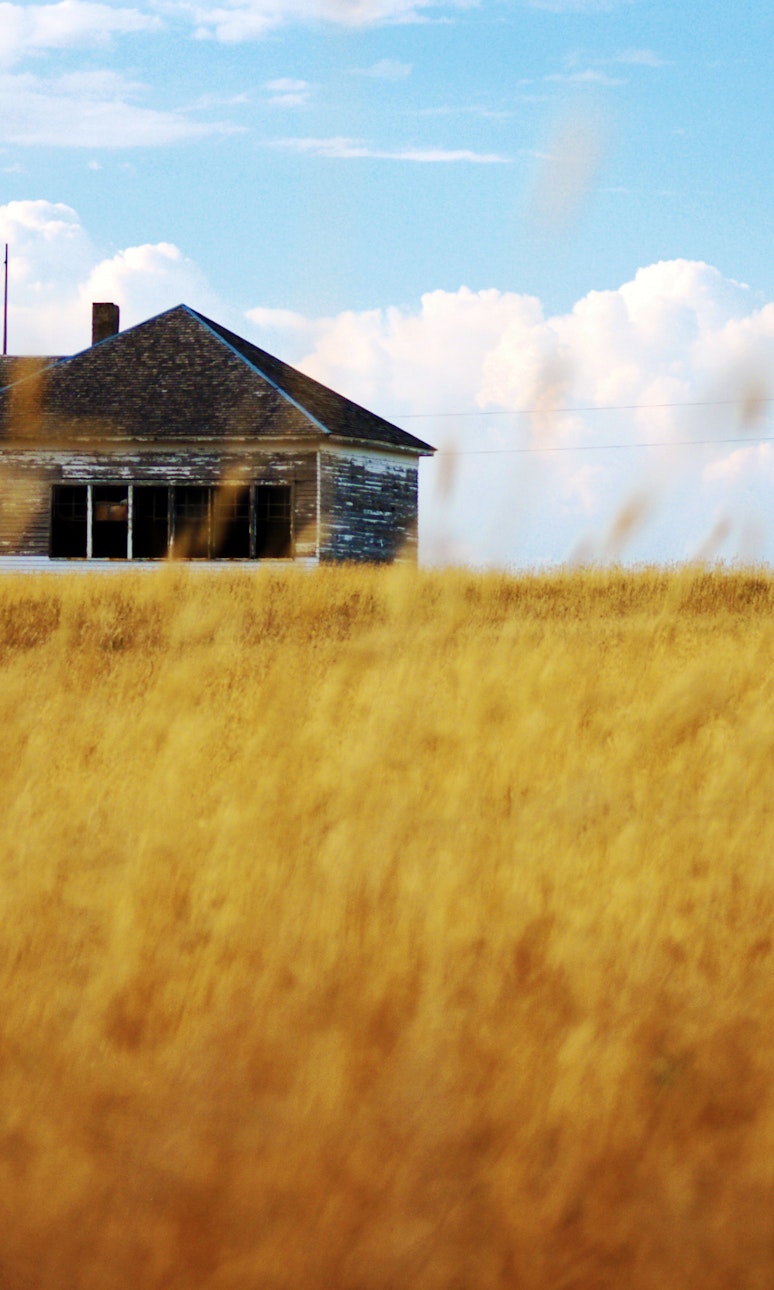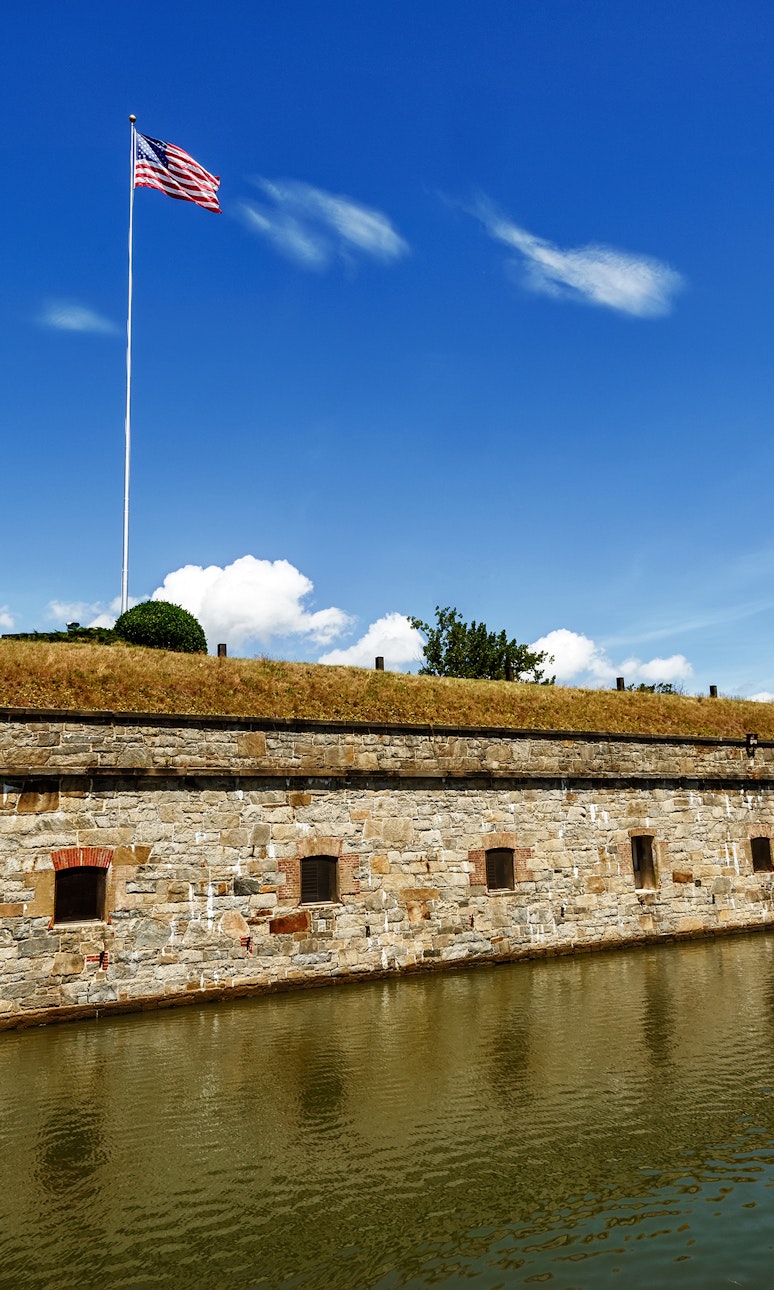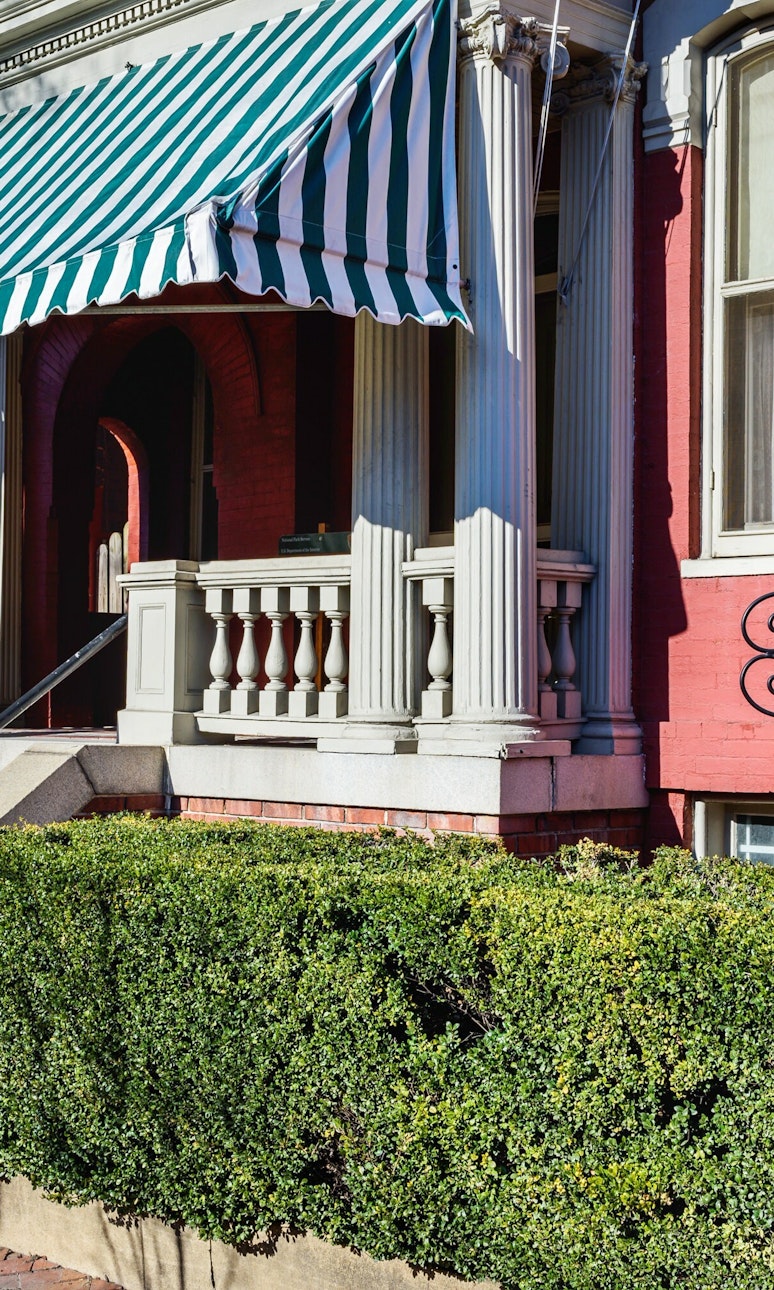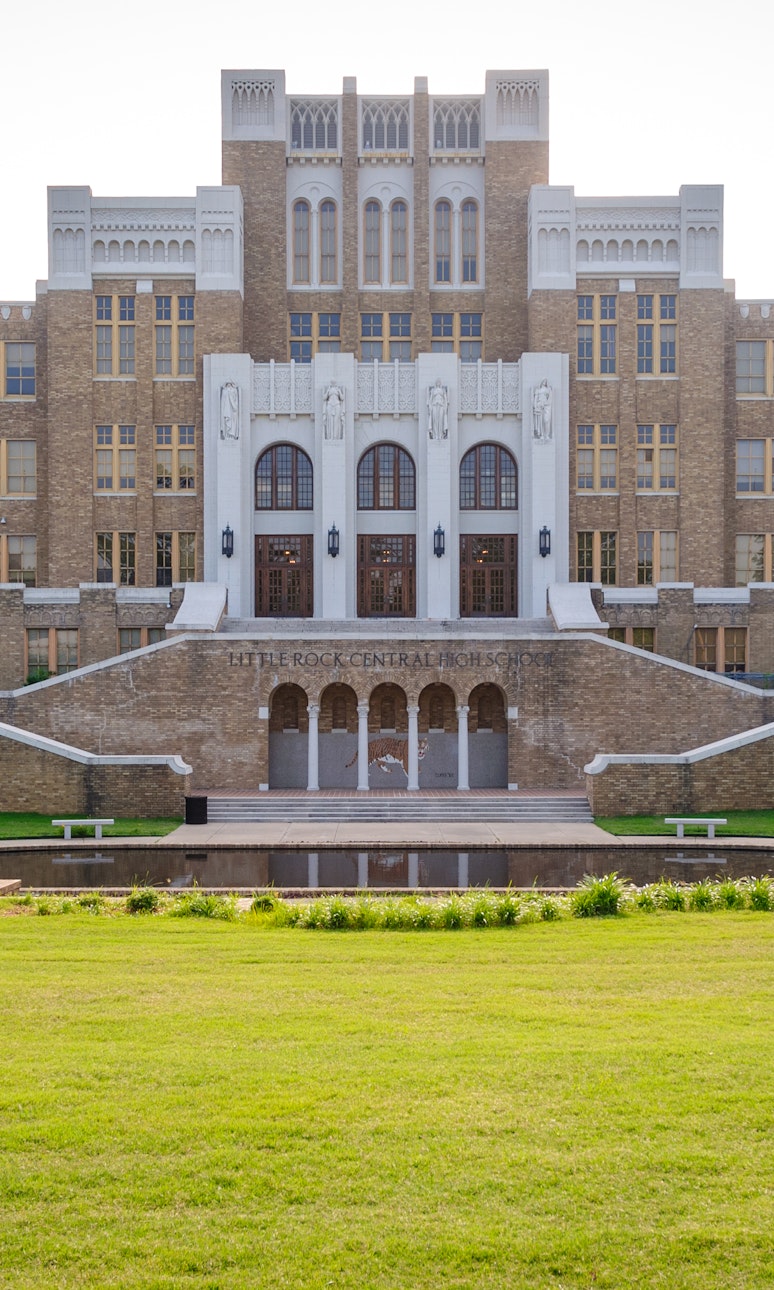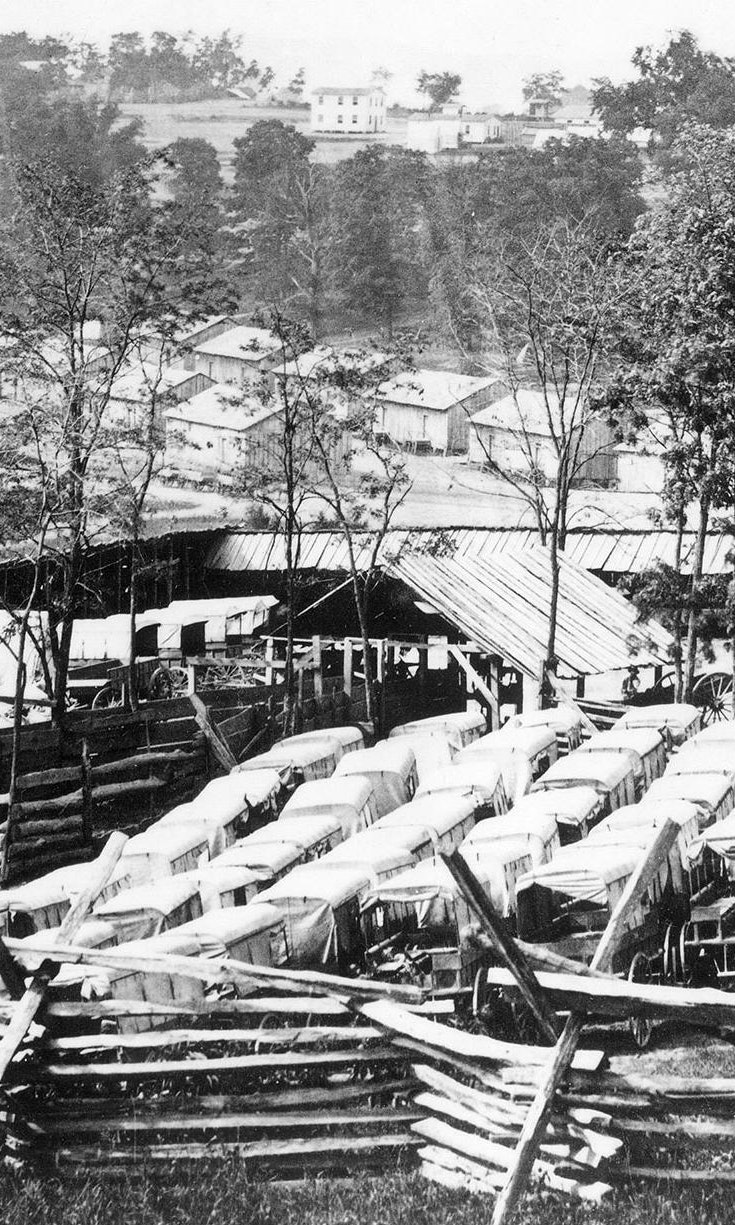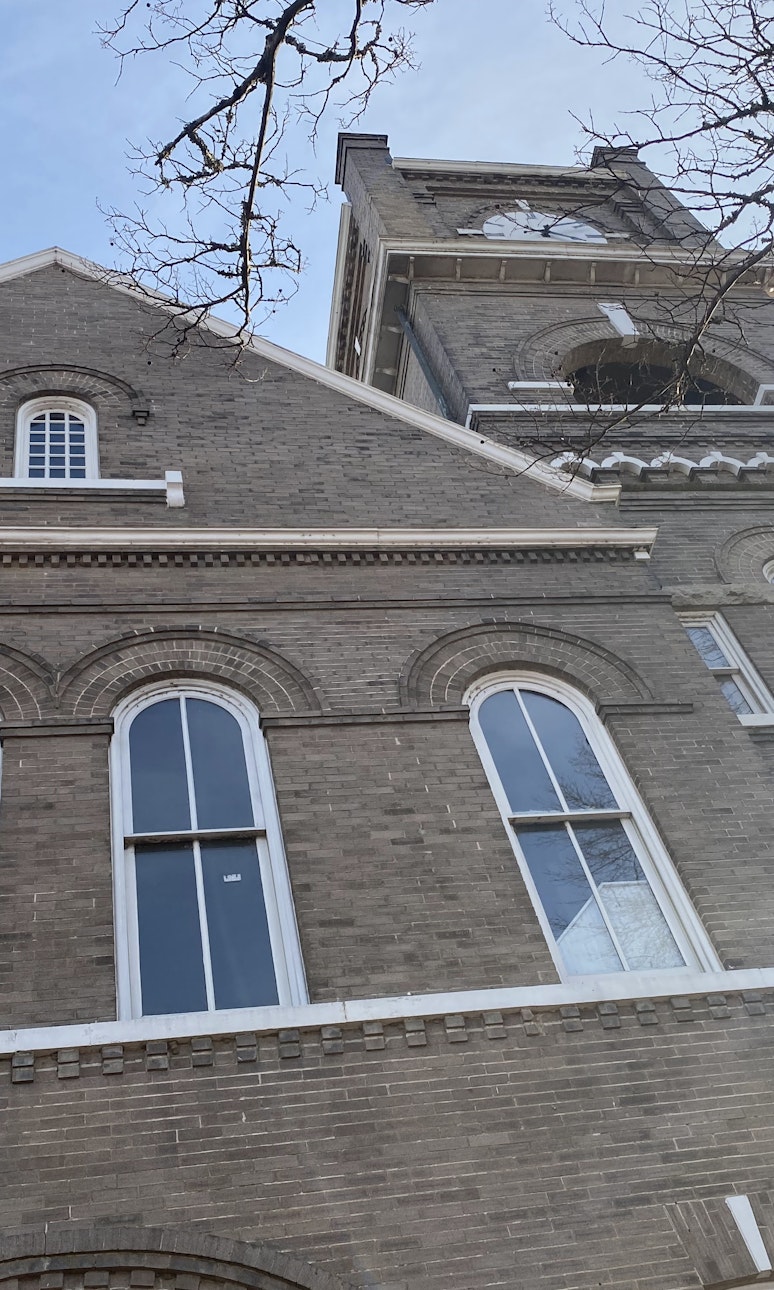
African American History & Culture
-
Reflecting Our PastAn understanding of the comprehensive and multi-faceted story of our country's history requires learning and honoring the roles and contributions of African Americans within this country. From Africans that were enslaved and brought to the U.S. over 400 years ago, to the inspiring African American leaders of today, our national parks preserve and share important stories.
-
Inspiring the FutureThere are over 400 parks in the National Park System, which allows us to better incorporate African American history, culture, and contributions. The National Park System offers a unique lens, reflecting the diversity that has come to define American history and culture.
-
NPF's CommitmentBy supporting dynamic educational programs, professional development opportunities, the rehabilitation of historic sites, and the preservation – both physically and digitally – of irreplaceable artifacts and places, the National Park Foundation and its partners are dedicated to increasing access to places, cultural resources, and stories that help all people gain a deeper understanding of the contributions of African Americans.
African American History & Our Parks
Historically, stories about Black heritage, culture, and community have been missing or excluded from the American story. A growing number of national park sites are now preserving and elevating these stories. African American history and culture is highlighted at Dr. Carter G. Woodson's historic home office in Washington, D.C., Nicodemus, a Reconstruction-era Kansas town, and the Robert E. Lee Memorial, where freed and enslaved African Americans established a community on the same land in which they were enslaved. New Bedford Whaling National Historical Park outside of Boston, which tells the story of America’s whaling industry, also shares the life of a young Frederick Douglass, who worked on the city’s wharves. And Jean Lafitte National Historical Park & Preserve, which preserves Louisiana’s history, culture, and communities, shares the story of Ruby Nell Bridges Hall, the first African American child to desegregate William Frantz Elementary School at just six years old. African American stories are entwined in the past and present histories of the over 400 national parks across the country.
NPF's Work in this Space
NPF has been investing in the preservation of African American history and culture through national parks for over 20 years.
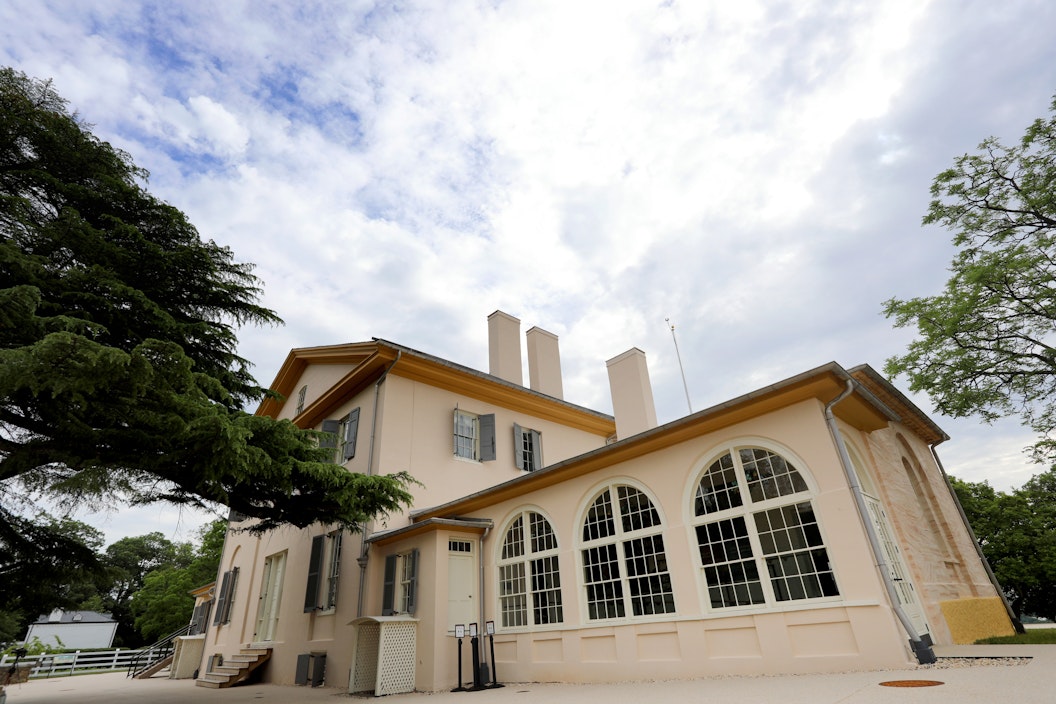
-
 ProgramFund II Civil Rights Historic PreservationA partnership between NPF and Fund II Foundation, the program is helping preserve the historic resources in parks that protect and share the stories of civil rights throughout the history of our country.
ProgramFund II Civil Rights Historic PreservationA partnership between NPF and Fund II Foundation, the program is helping preserve the historic resources in parks that protect and share the stories of civil rights throughout the history of our country. -
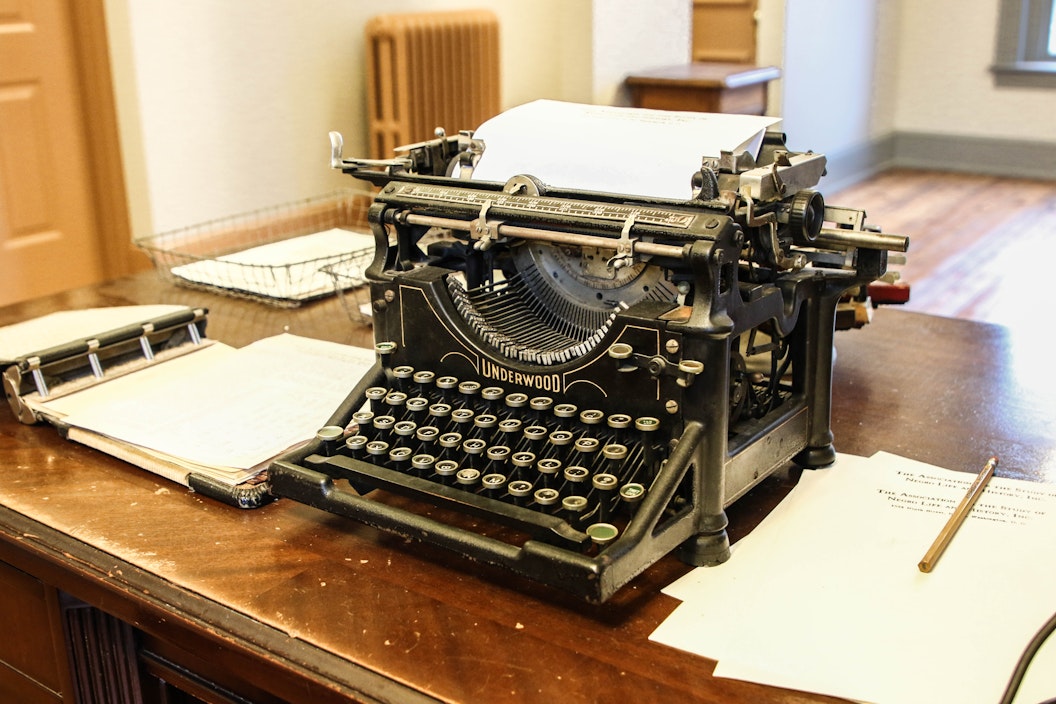 ProgramNational Park Service Mellon Humanities FellowshipsNPS Mellon Humanities Fellowship program supports the work of humanities scholars whose research and analysis of the complex and fascinating histories in and around our parks helps us discover untold perspectives and new voices.
ProgramNational Park Service Mellon Humanities FellowshipsNPS Mellon Humanities Fellowship program supports the work of humanities scholars whose research and analysis of the complex and fascinating histories in and around our parks helps us discover untold perspectives and new voices. -
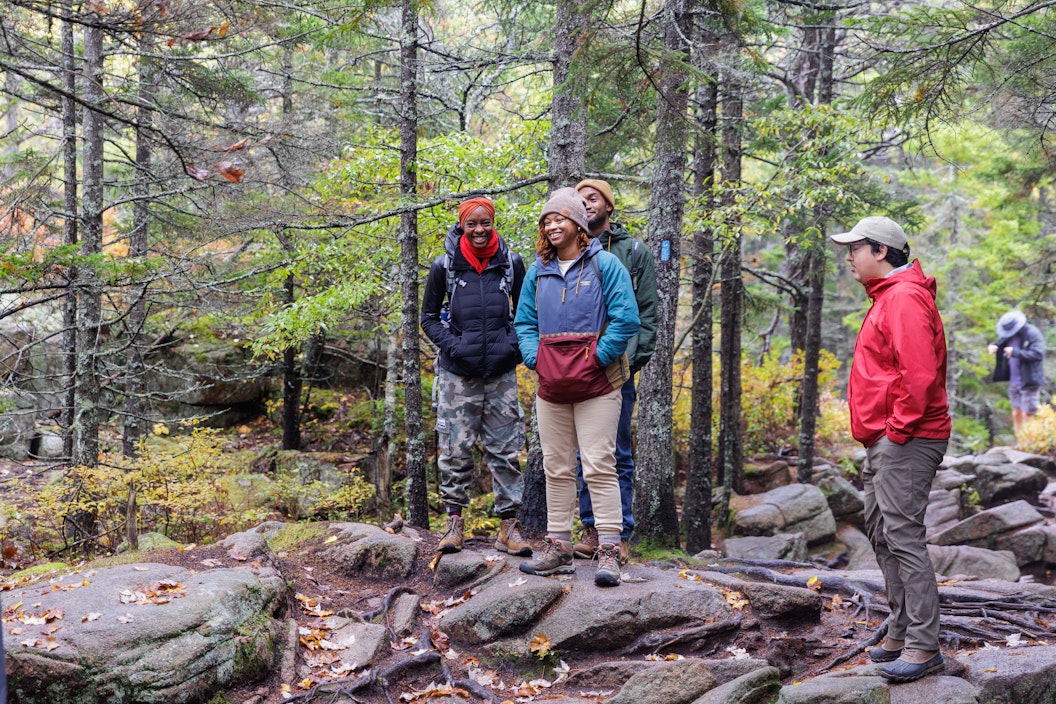 ProgramParkVenturesNPF’s ParkVentures program supports equity-focused outdoor leaders and organizations by providing grants for projects and activities that focus on representation, accessibility, and interpretation.
ProgramParkVenturesNPF’s ParkVentures program supports equity-focused outdoor leaders and organizations by providing grants for projects and activities that focus on representation, accessibility, and interpretation.
-
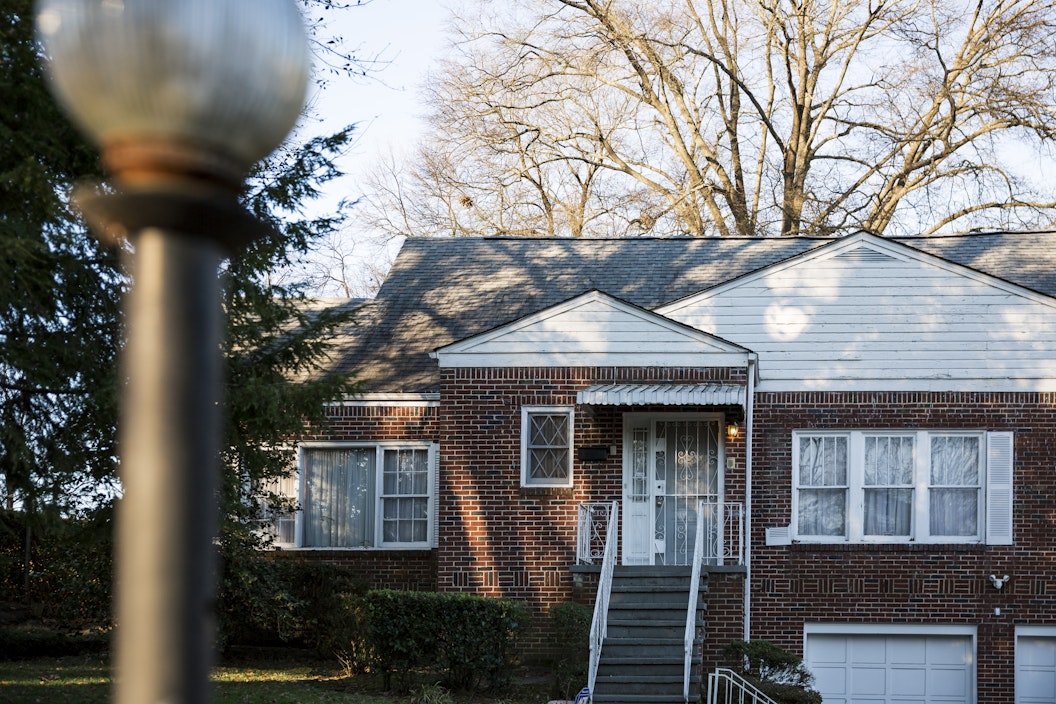 ProgramAfrican American Experience FundNPF’s African American Experience Fund raises funds and establishes partnerships that support park sites and projects that tell the stories of African Americans.
ProgramAfrican American Experience FundNPF’s African American Experience Fund raises funds and establishes partnerships that support park sites and projects that tell the stories of African Americans. -
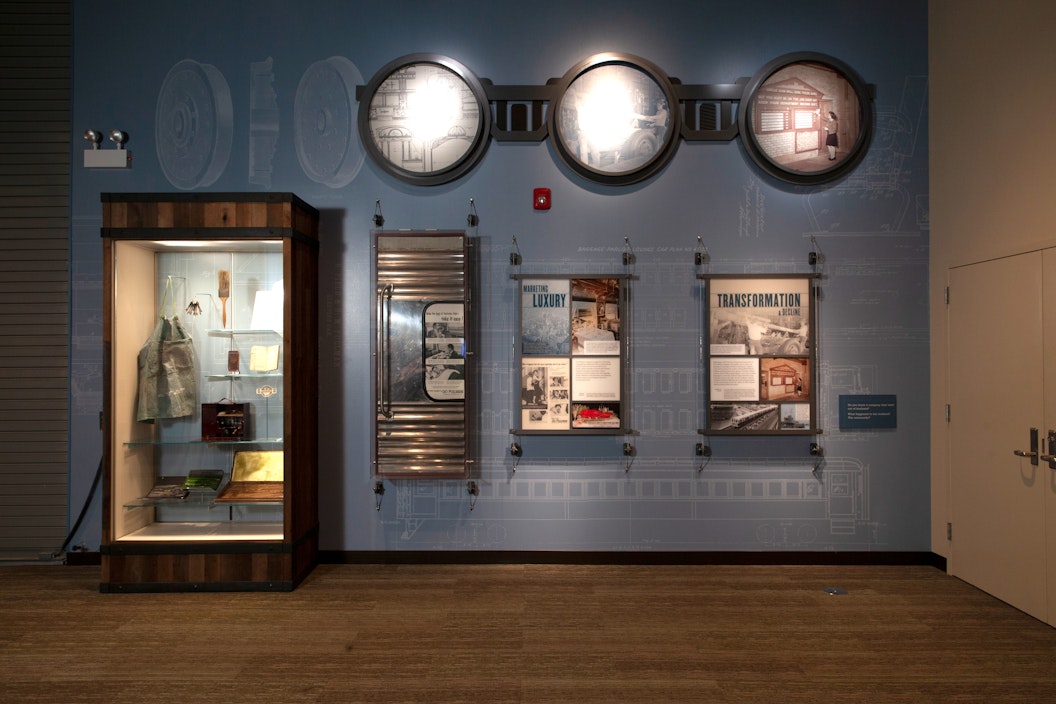 ProgramInclusive StorytellingInclusive Storytelling grants support contemporary research in parks, as well as projects that transform this research into relevant interpretative products – from interpretive park programs and exhibits to websites and videos.
ProgramInclusive StorytellingInclusive Storytelling grants support contemporary research in parks, as well as projects that transform this research into relevant interpretative products – from interpretive park programs and exhibits to websites and videos.
Recent Projects
Explore just some of the projects supported by NPF that help preserve and share African American history and culture.
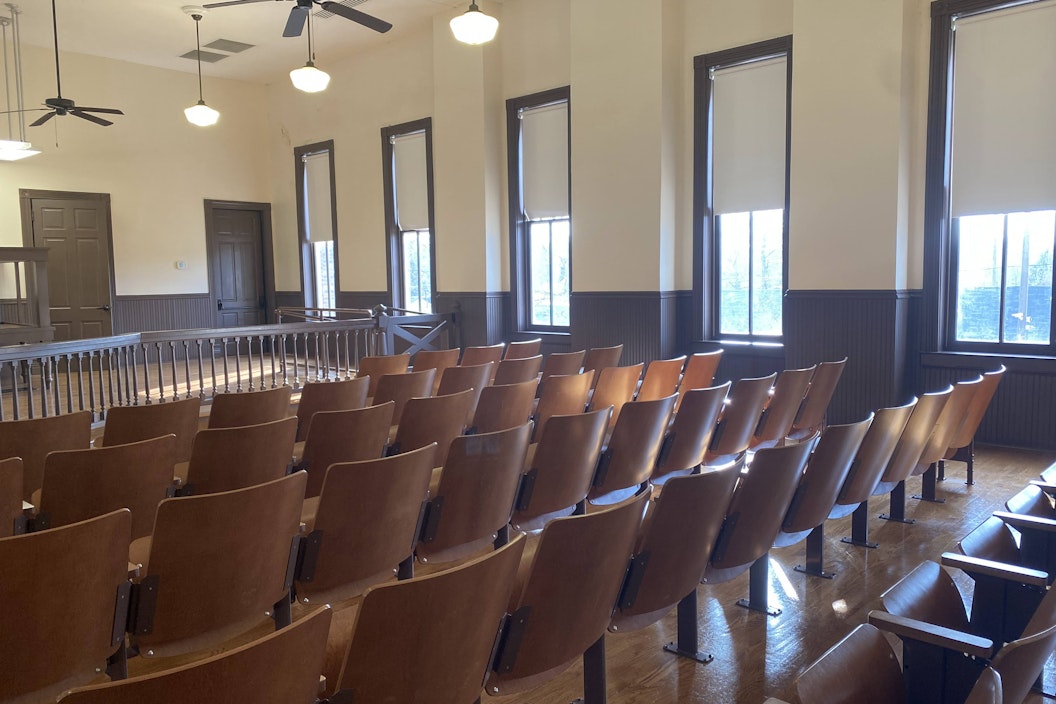
-
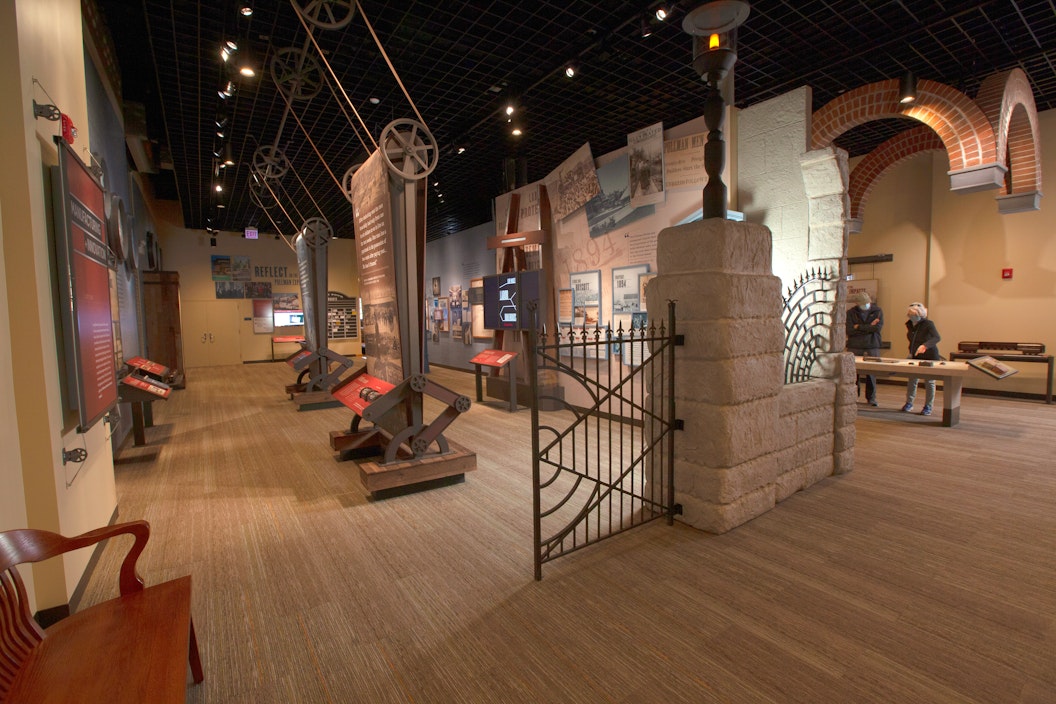 Pullman National Historical ParkSupporting New ParksNPF has provided $10 million to support Pullman National Historical Park since 2015, supporting the revitalization of the site and improvements to the grounds and historic buildings and the construction of its visitor center.
Pullman National Historical ParkSupporting New ParksNPF has provided $10 million to support Pullman National Historical Park since 2015, supporting the revitalization of the site and improvements to the grounds and historic buildings and the construction of its visitor center. -
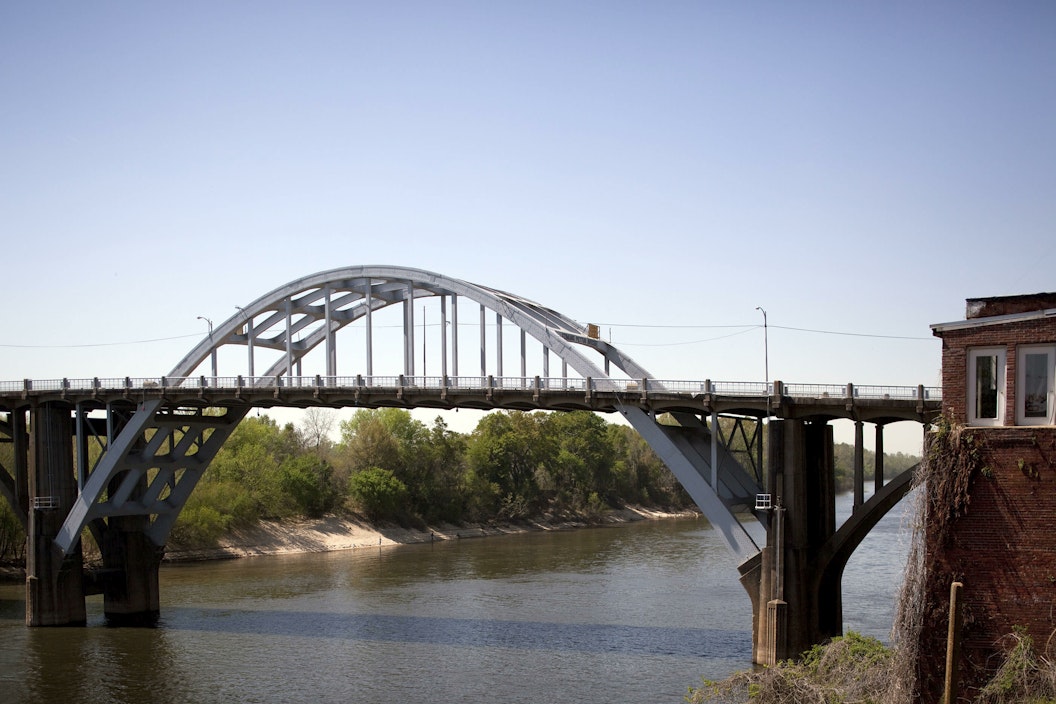 Selma to Montgomery National Historic TrailCommemorating Voting Rights at SelmaNPF enabled Selma to Montgomery to acquire six properties near the historic Edmund Pettus Bridge in Selma, AL for a $20 million John Lewis Voting Rights Center, commemorating the 1965 Selma to Montgomery voting rights marches. NPF purchased the properties from the Alabama Department of Transportation and donated them to NPS.
Selma to Montgomery National Historic TrailCommemorating Voting Rights at SelmaNPF enabled Selma to Montgomery to acquire six properties near the historic Edmund Pettus Bridge in Selma, AL for a $20 million John Lewis Voting Rights Center, commemorating the 1965 Selma to Montgomery voting rights marches. NPF purchased the properties from the Alabama Department of Transportation and donated them to NPS. -
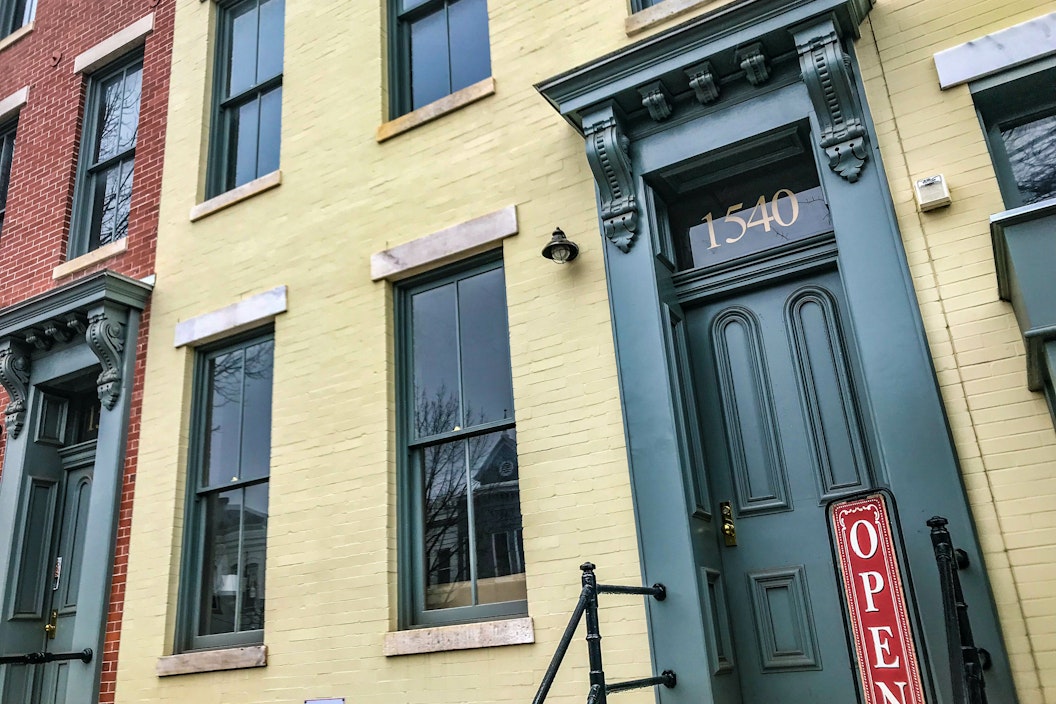 Carter G. Woodson Home National MonumentExpanding ParksFollowing the restoration of Carter G. Woodson’s Washington, D.C. home, NPF and Fund II provided a grant to restore two neighboring homes for visitor contact and interpretation purposes, as well as a grant to fund the fabrication and installation of exhibits at the park.
Carter G. Woodson Home National MonumentExpanding ParksFollowing the restoration of Carter G. Woodson’s Washington, D.C. home, NPF and Fund II provided a grant to restore two neighboring homes for visitor contact and interpretation purposes, as well as a grant to fund the fabrication and installation of exhibits at the park.
-
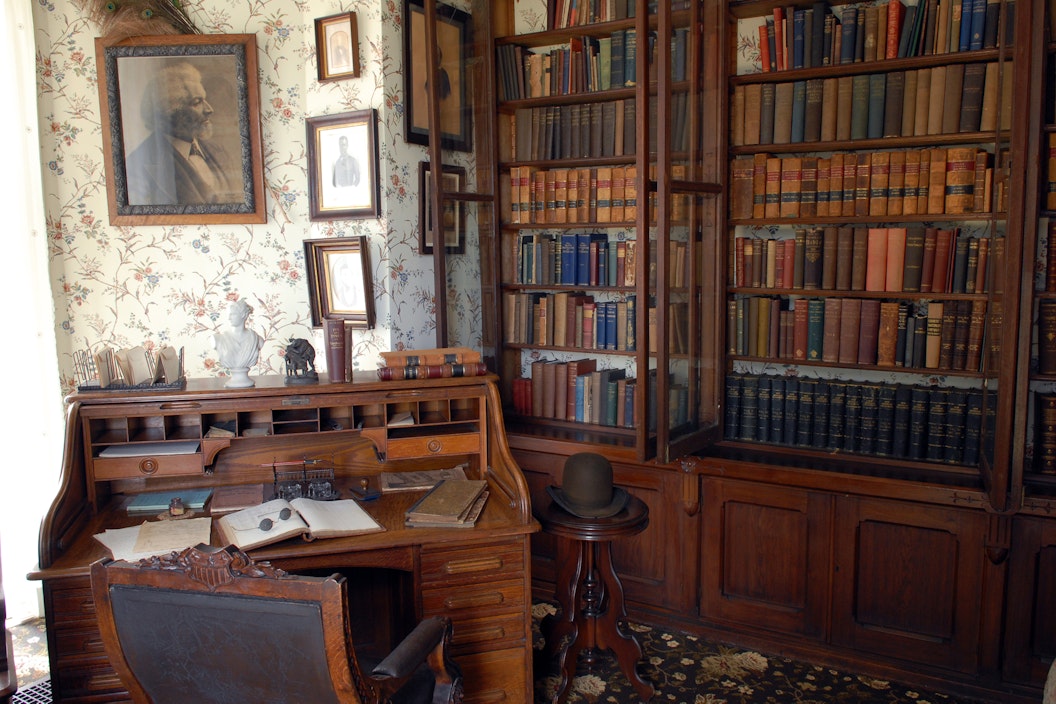 Frederick Douglass National Historic SiteWelcoming VisitorsWith a multi-year grant, NPF and Fund II are providing funds to produce a new orientation film for Frederick Douglass National Historic Site and a comprehensive planning process for the park. Additionally, NPF supported renovations at Frederick Douglass’s home by funding the design and installation of a critically needed HVAC system inside the home.
Frederick Douglass National Historic SiteWelcoming VisitorsWith a multi-year grant, NPF and Fund II are providing funds to produce a new orientation film for Frederick Douglass National Historic Site and a comprehensive planning process for the park. Additionally, NPF supported renovations at Frederick Douglass’s home by funding the design and installation of a critically needed HVAC system inside the home. -
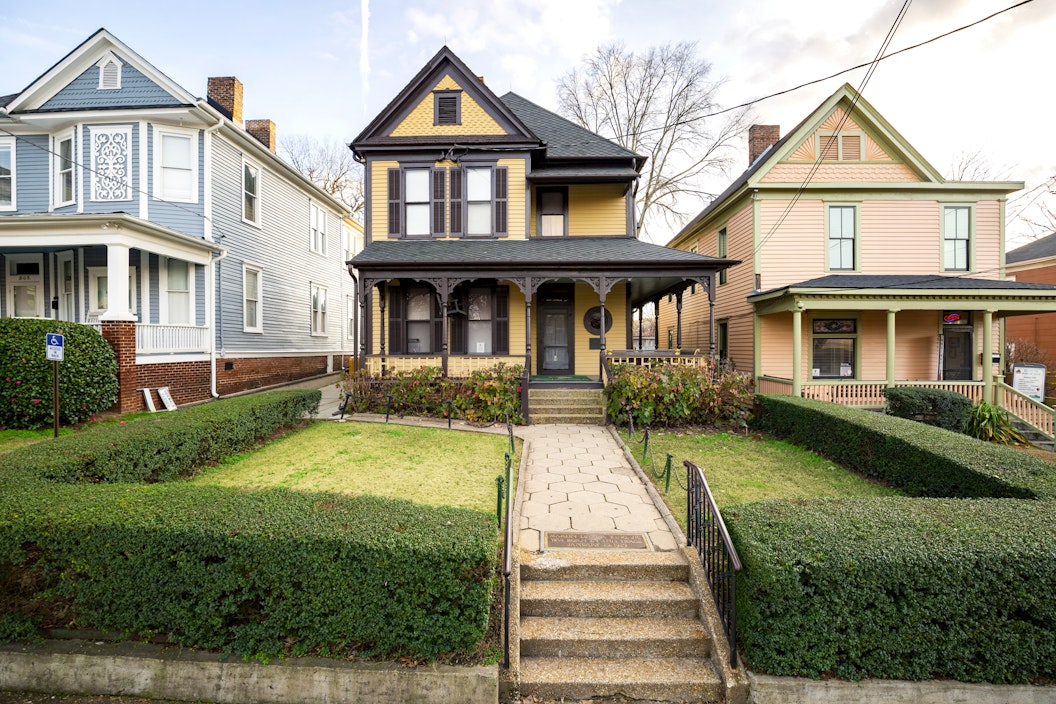 Martin Luther King, Jr. National Historical ParkPreserving Historical PlacesNPF helped NPS to acquire MLK Jr’s life and family homes, personal property items, and personal collections, as well as invested in the rehabilitation of the life home. NPF also supported the development and installation of exhibits, oral history interviews, solar-powered trash compactors, and a project manager for increased capacity at the site.
Martin Luther King, Jr. National Historical ParkPreserving Historical PlacesNPF helped NPS to acquire MLK Jr’s life and family homes, personal property items, and personal collections, as well as invested in the rehabilitation of the life home. NPF also supported the development and installation of exhibits, oral history interviews, solar-powered trash compactors, and a project manager for increased capacity at the site.
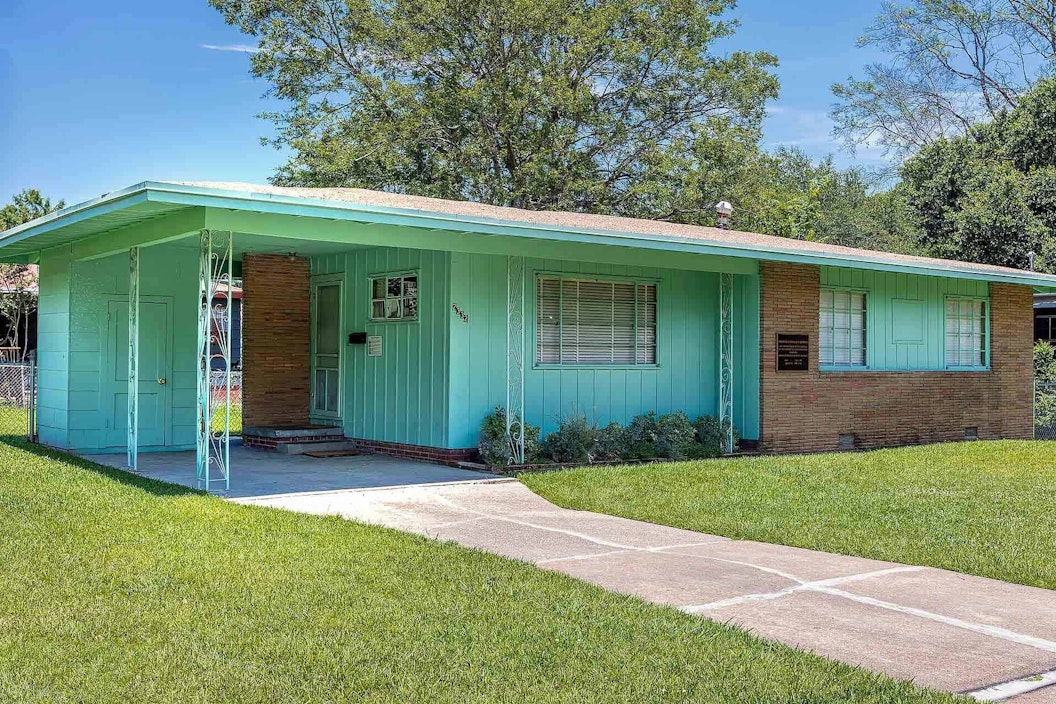
-
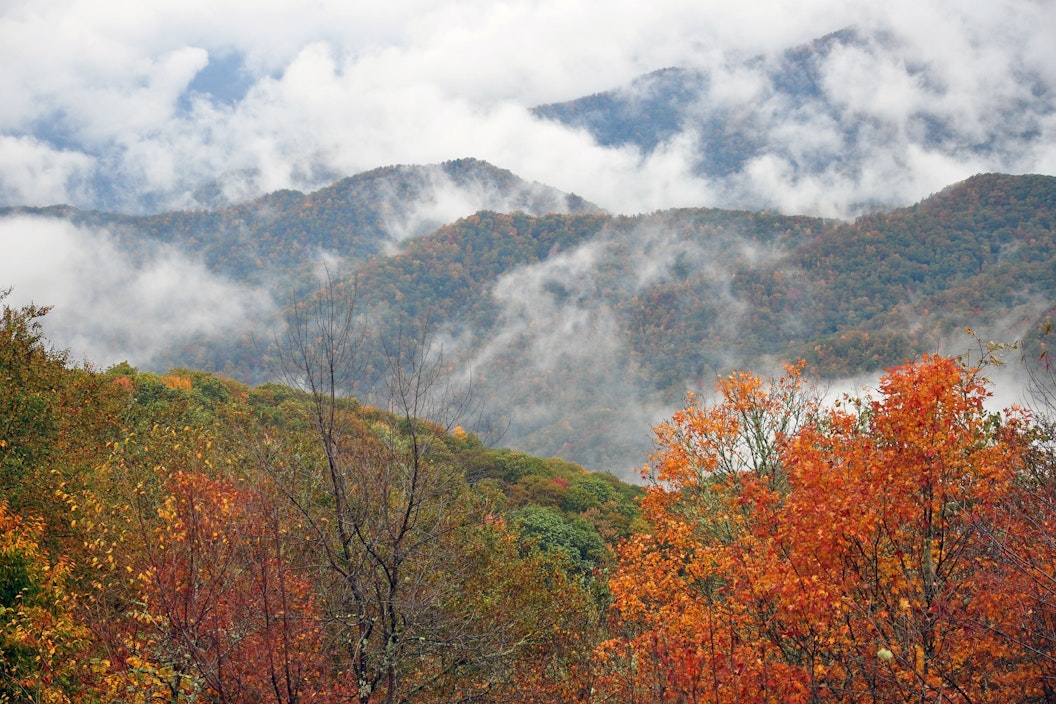 Great Smoky MountainsHighlighting Indigenous VoicesAn Inclusive Storytelling grant is supporting Great Smoky Mountains National Park to highlight the experiences of the Indigenous Anikituwahgi people and people of African descent in the park and its gateway communities. The "Voices of the Smokies” project will result in the production of two short films, updated outdated exhibits, and curated demonstration events in the park led by local Anikituwahgi and African American communities.
Great Smoky MountainsHighlighting Indigenous VoicesAn Inclusive Storytelling grant is supporting Great Smoky Mountains National Park to highlight the experiences of the Indigenous Anikituwahgi people and people of African descent in the park and its gateway communities. The "Voices of the Smokies” project will result in the production of two short films, updated outdated exhibits, and curated demonstration events in the park led by local Anikituwahgi and African American communities. -
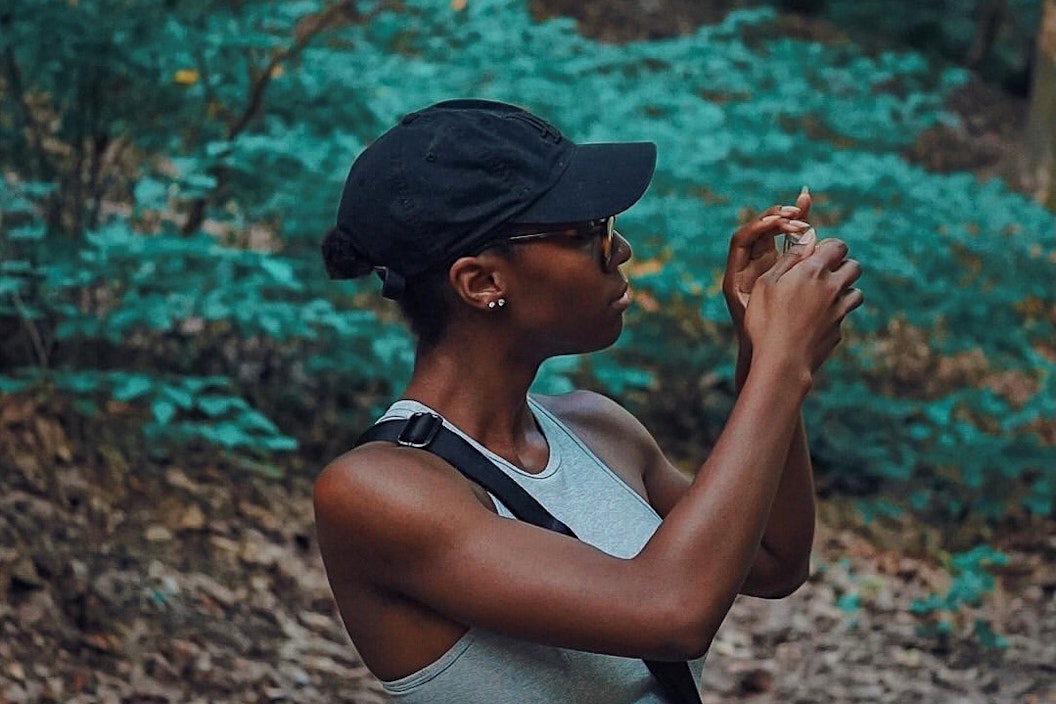 Harriet Tubman National Historical ParkSupporting Internship PlacementsBy partnering with the Greening Youth Foundation, NPS, and Fund II Foundation, NPF has supported interns in the internXL program for multiple years. Interns have worked at parks such as Harriet Tubman National Historical Park, helping create on-ramps for future leaders in conservation and preservation.
Harriet Tubman National Historical ParkSupporting Internship PlacementsBy partnering with the Greening Youth Foundation, NPS, and Fund II Foundation, NPF has supported interns in the internXL program for multiple years. Interns have worked at parks such as Harriet Tubman National Historical Park, helping create on-ramps for future leaders in conservation and preservation. -
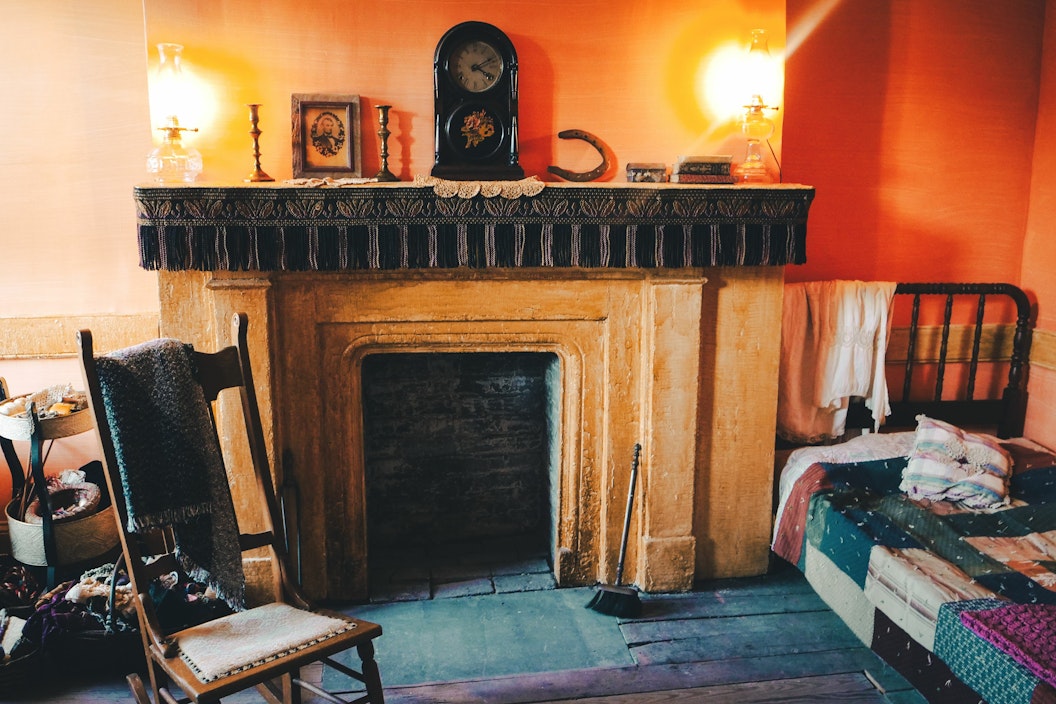 Lower East Side Tenement MuseumSupporting New ExhibitsA grant from NPF’s Inclusive Storytelling program supported the Lower East Side Tenement Museum in developing a new virtual complement to a permanent exhibit, titled “A Union of Hope: 1869.” The exhibit addresses the absence of Black experiences in interpreting U.S. urban history and focuses on Joseph and Rachel Moore, a Black family who lived in a Lower Manhattan tenement during the 1860s.
Lower East Side Tenement MuseumSupporting New ExhibitsA grant from NPF’s Inclusive Storytelling program supported the Lower East Side Tenement Museum in developing a new virtual complement to a permanent exhibit, titled “A Union of Hope: 1869.” The exhibit addresses the absence of Black experiences in interpreting U.S. urban history and focuses on Joseph and Rachel Moore, a Black family who lived in a Lower Manhattan tenement during the 1860s.
Related Stories
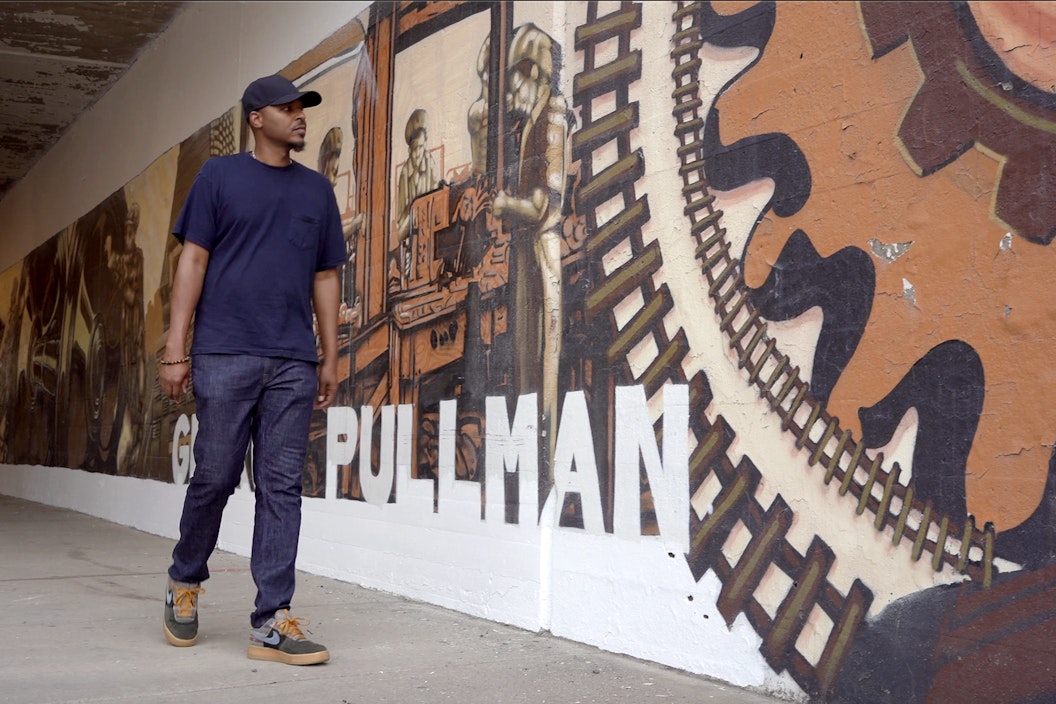
-
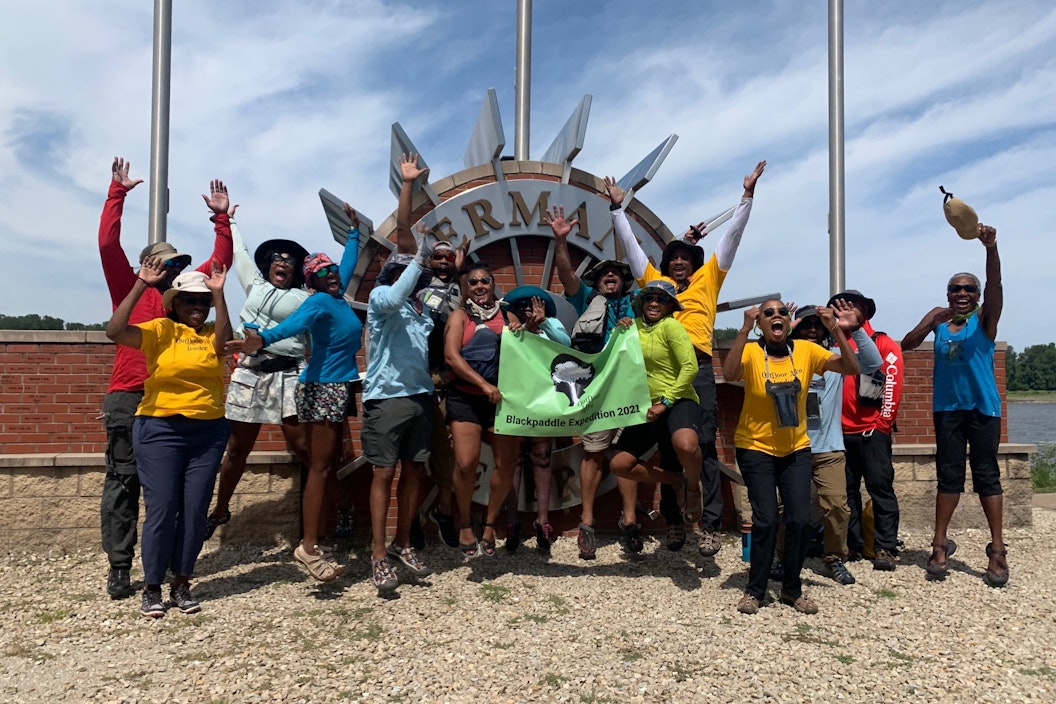 Guest BlogI Carry You with MeJanina Edwards, an Outdoor Afro leader in Atlanta, reflects on a recent paddling trip. NPF is proud to work with partners such as Outdoor Afro to expand the perspectives and stories shared through national parks.
Guest BlogI Carry You with MeJanina Edwards, an Outdoor Afro leader in Atlanta, reflects on a recent paddling trip. NPF is proud to work with partners such as Outdoor Afro to expand the perspectives and stories shared through national parks. -
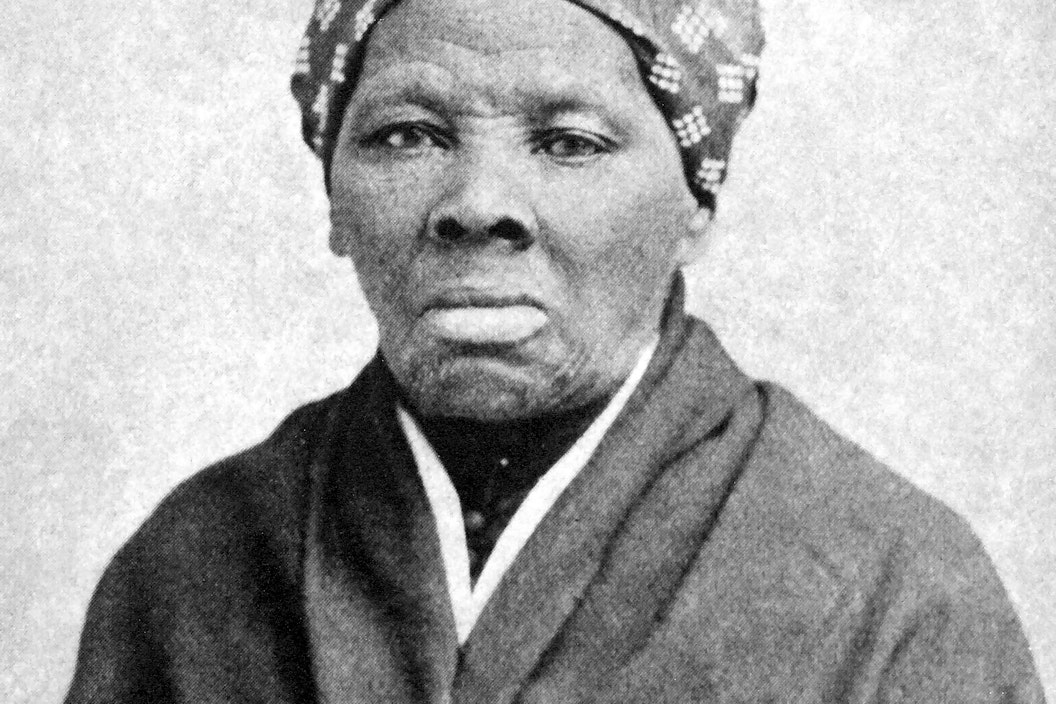 Harriet Tubman & National ParksA Beacon of Resilience & LoveLearn more about the life and legacy of Harriet Tubman, and how Harriet Tubman National Historical Park is helping preserve her story.
Harriet Tubman & National ParksA Beacon of Resilience & LoveLearn more about the life and legacy of Harriet Tubman, and how Harriet Tubman National Historical Park is helping preserve her story. -
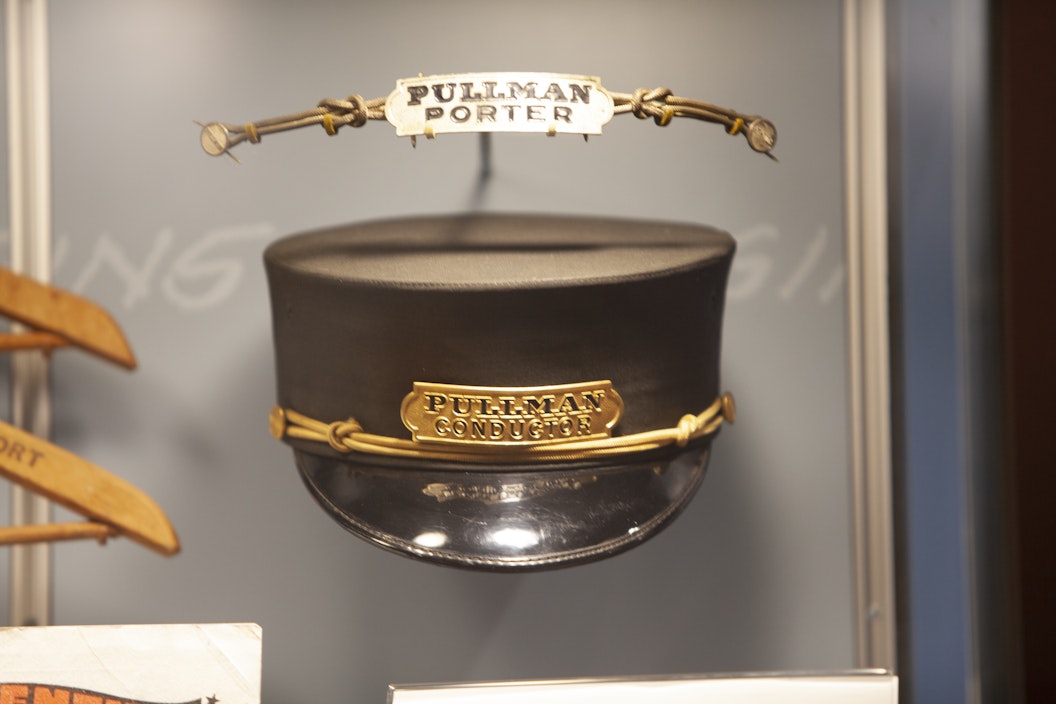 Q&A with Robert F. SmithPreserving Black History in National ParksEnjoy a conversation between philanthropist Robert F. Smith and NPF President & CEO Will Shafroth on the importance of preserving, honoring, and celebrating Black history.
Q&A with Robert F. SmithPreserving Black History in National ParksEnjoy a conversation between philanthropist Robert F. Smith and NPF President & CEO Will Shafroth on the importance of preserving, honoring, and celebrating Black history.
-
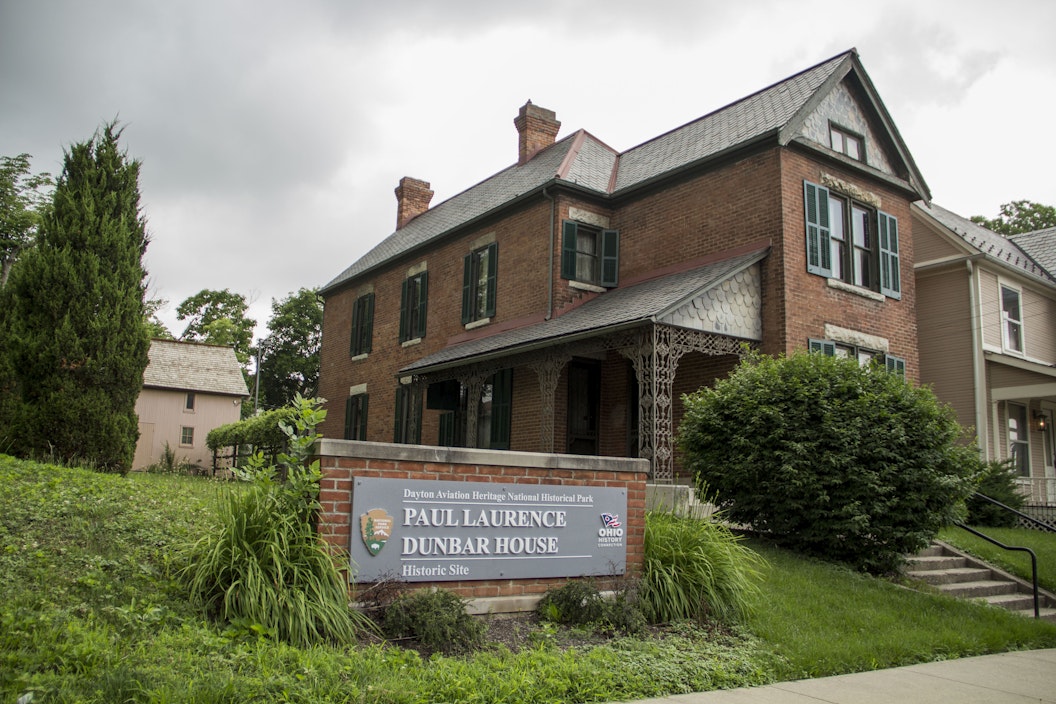 Park Spotlight10 Parks that Honor Black HistoryExplore the stories behind national parks that honor and share the stories and contributions of African Americans to our history and culture.
Park Spotlight10 Parks that Honor Black HistoryExplore the stories behind national parks that honor and share the stories and contributions of African Americans to our history and culture. -
 Q&A with CreatorsDiving into NPS's Film "Twenty & Odd"NPS's film "Twenty & Odd" helped commemorate 400 years of African American history. Enjoy a Q&A with the film's creators.
Q&A with CreatorsDiving into NPS's Film "Twenty & Odd"NPS's film "Twenty & Odd" helped commemorate 400 years of African American history. Enjoy a Q&A with the film's creators. -
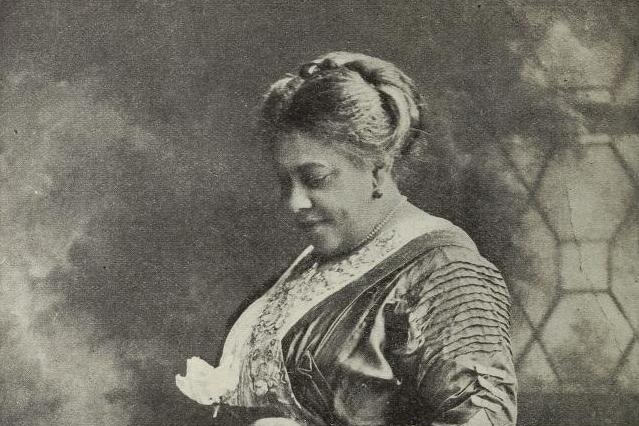 Guest BlogFour African American Suffragists You Should KnowAkiima Price, Anacostia Park Community Liaison to NPS, celebrates the contributions of four African American suffragists.
Guest BlogFour African American Suffragists You Should KnowAkiima Price, Anacostia Park Community Liaison to NPS, celebrates the contributions of four African American suffragists.
